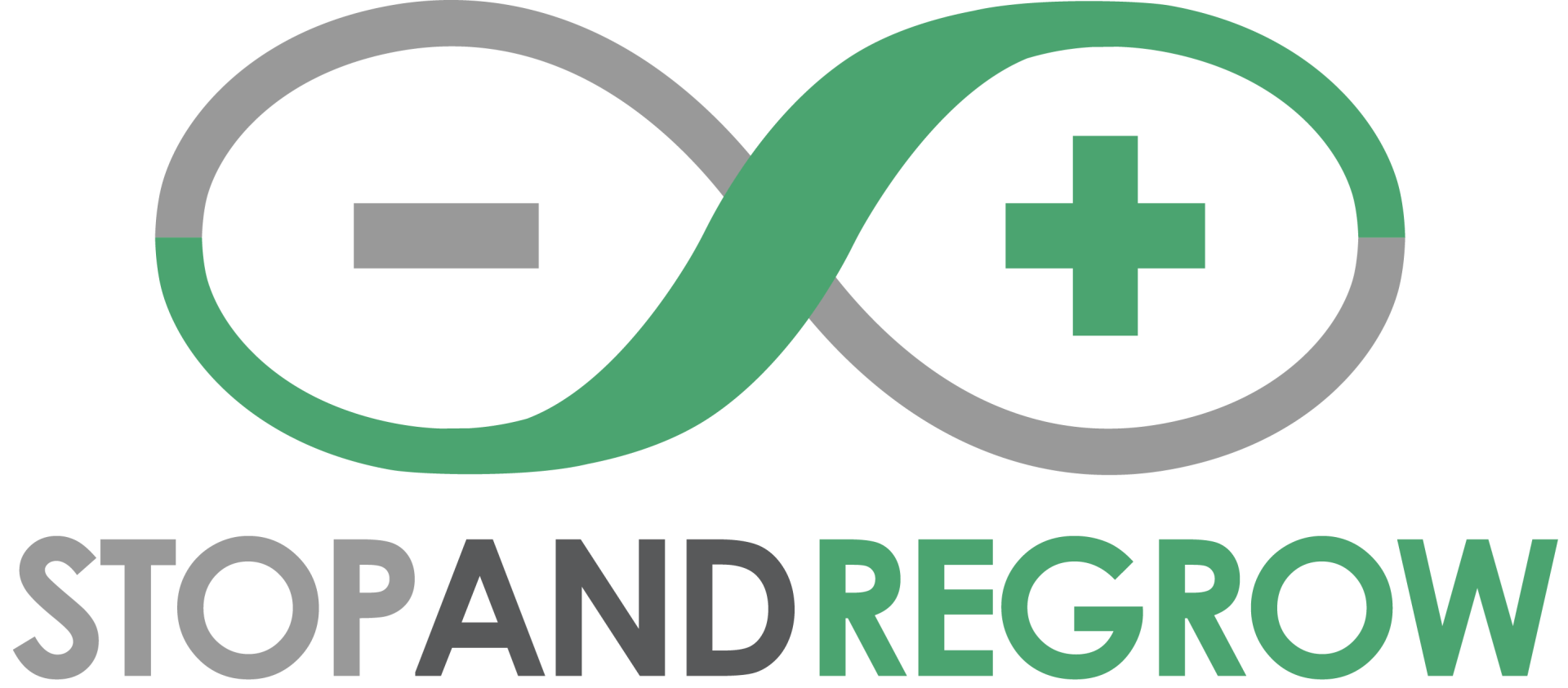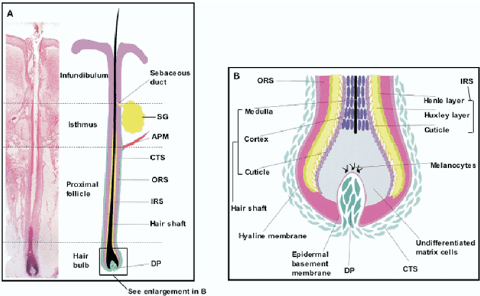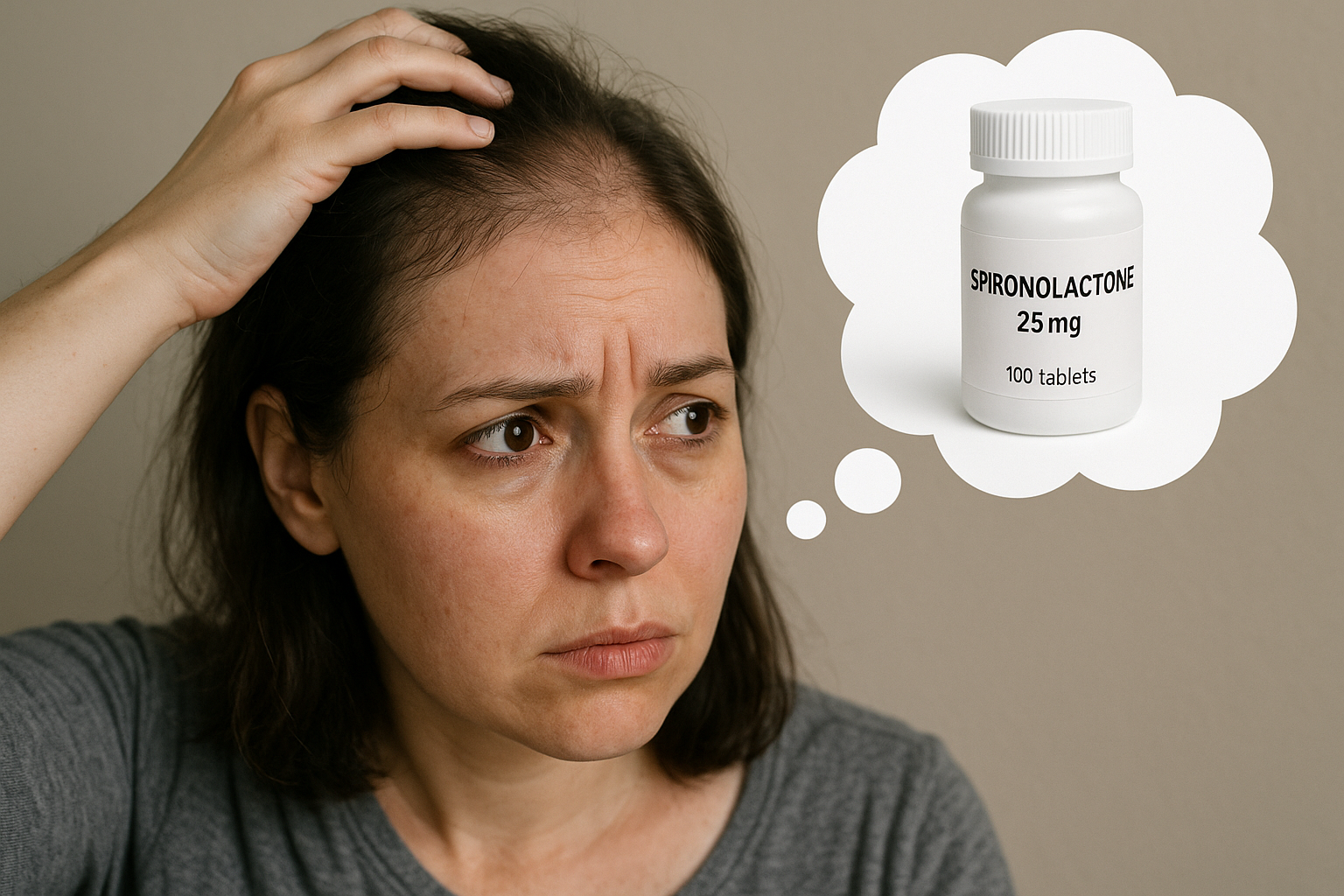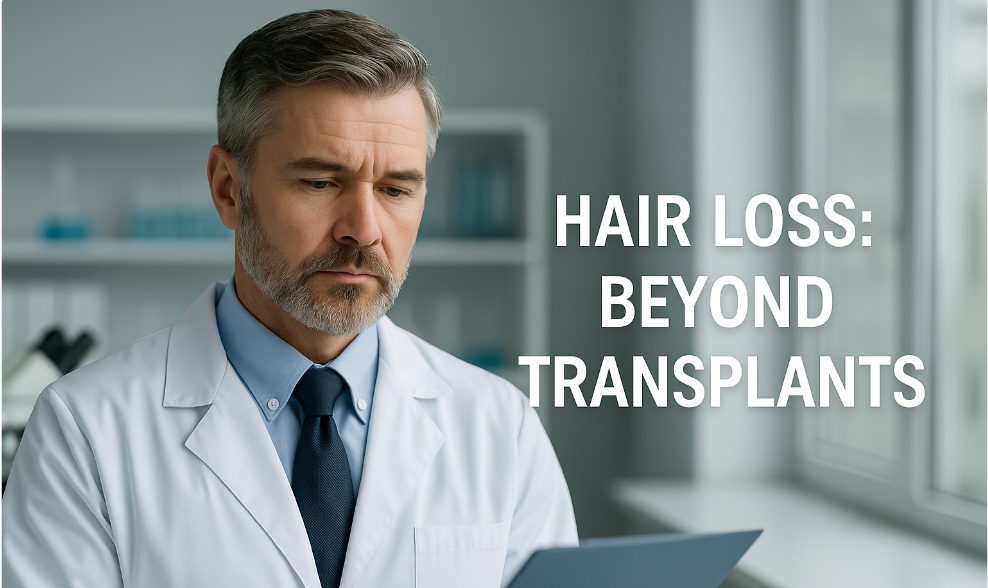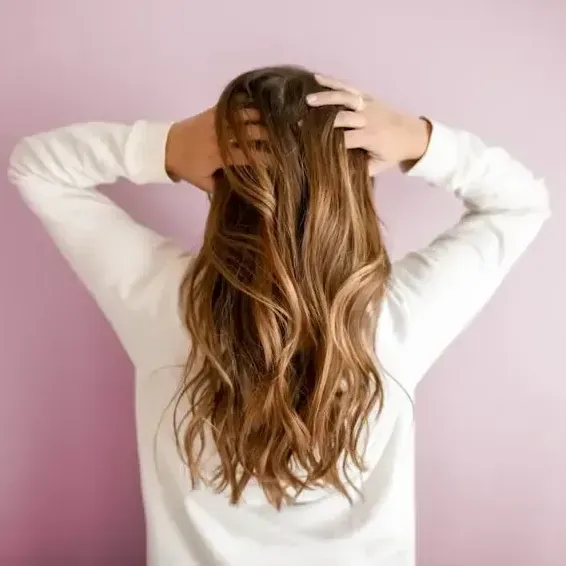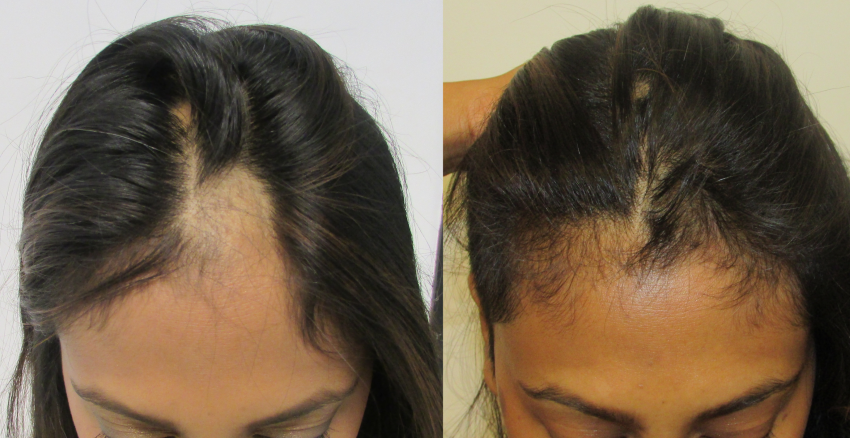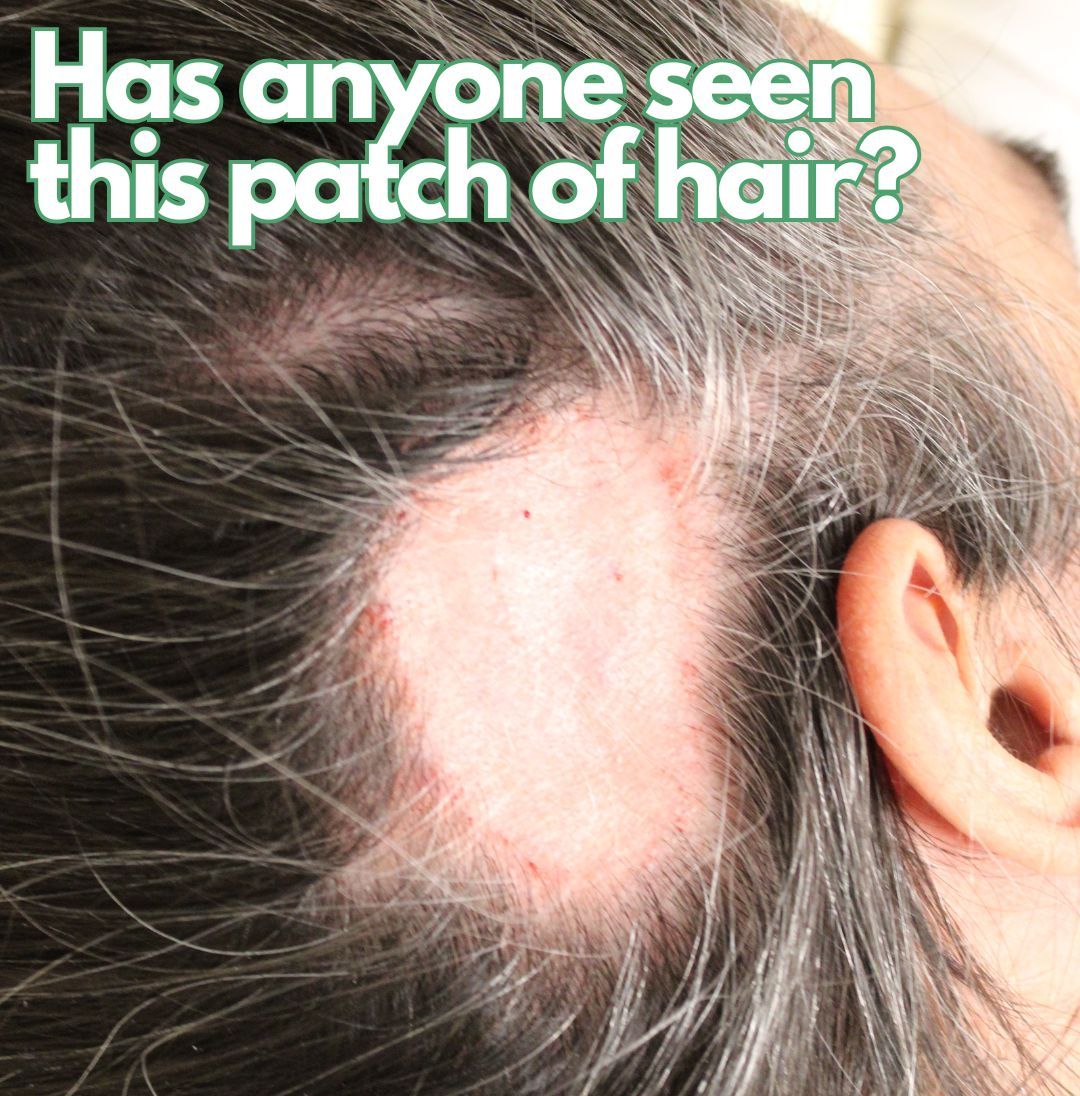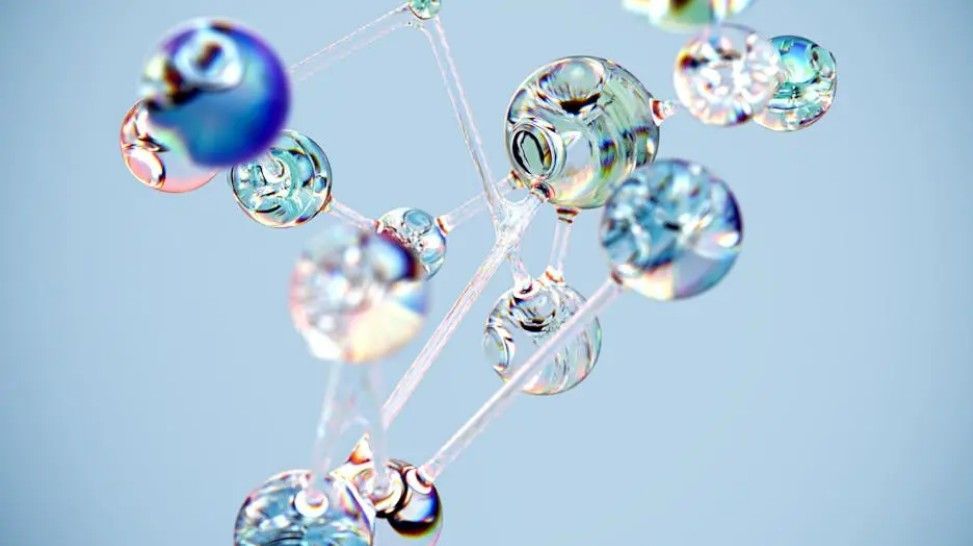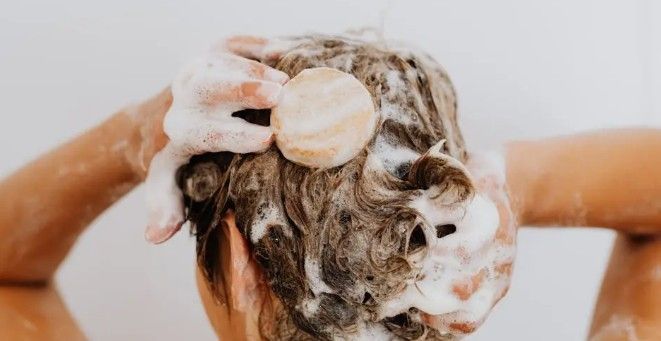Why You Shouldn’t Expect Stem Cells or Cloning To Cure Hair Loss Any Time Soon
This week we have had a number of people asking us about whether stem cells or hair follicle cloning are the answer to their hair loss woes. My answer is maybe in the distant future, but not anytime soon. This article explores the biology of the hair follicle to understand why that is the case.
The hair follicle is an extremely complex organ. Yes I said organ. In fact, the hair follicle is one of the MOST complex organs of the human body. This exquisite producer of the protein fiber which is our hair, doubles as a sensory organ, provides excretion for the skin, has its own immune system plus additionally goes through cyclic transformations between phases of rapid growth (anagen), apoptosis-driven regressions (catogen), and elative quiescence (telogen).
Each hair follicle organ is comprised of a number of complex and intertwined components which all work delicately together to effectively grow hair. Let’s take a look at how just some of these work.
The mature anagen hair follicle is composed of a multi-cylindric stem that contains the hair shaft at its center and originates at an oval hair bulb. Around the bulb is an onion like structure called the Dermal Papilla (DP). The DP functions as the command center of the hair follicle and its size is determined by the size of the hair bulb which in turn is dictated by the volume of the hair follicle’s mesenchymal component. The size of the mesenchymal ultimately determines how thick or fine our hair is.
The mesenchymal or lower parts of the hair follicle dramatically reform themselves over the lifecycle of the hair as it goes through its anagen, catogen and telogen cycles.
In addition to serving as the hair shaft factory, the hair bulb also provides the hair shaft’s trichocytes with melanin granules also known as melanocytes. These determine the color of our hair. One thing we see in our office as androgenetic alopecia progresses is that the hair bulb stops producing melanocytes and hair starts to lose its color. This makes thinning hair look even worse as the hair shafts become translucent and invisible to the naked eye.
One of the most fascinating things about the hair follicle organ is that it is fully self-contained, producing it own stem cells and growth factors. Even more fascinating is that not only does it produce stem cells, but mast cell stem cells and neuronal stem cells which can develop into neurons and blood vessels, not just for it’s own use, but also for the skin and potentially other parts of the body making the hair follicle a super organ.
Also part of the hair follicle organ or ecosystem are tiny bundles of muscle fiber called the Arrector Pilli (these are known to cause goose bumps when we are cold and our hair to stand up on our heads if we are frightened), sebaceous glands which produce the oily or waxy substance sebum, the apocrine sweat glands, and an intricate network of lymph vessels, nerve fibers and blood vessels.
The hair follicles are not only a very productive source of pigmented hair but also of many growth-, pigment- and immuno- modulators. They synthesize an enormous volume of hormones, neurotransmitters, neuropeptides and growth factors. They also metabolize androgens to dihydrotestosterone (DHT) or 17beta-estradiol and proopiomelanocortin to ACTH, alpha-MSH or beta-endorphin. The synthesis of androgens to DHT is obviously a problem for those of us whose hair follicles are DHT sensitive and thus suffer from hereditary hair loss.
The exact and complete biologic functions of the hair follicle are still not yet even completely understood. We do know however that the hair follicle is regulated by a diverse and systemic range of hormones and growth factors from the rest of the body and it is no surprise to scientists that even small changes in this sensitive interdependency can lead to shortening of the anagen phase of hair growth which is what we see in androgenetic alopecia.
Rather than wait for decades until the scientists can work out how to clone the hair follicle, at Stop and reGrow we attack the problem of androgenetic hair loss by preventing and reversing its actions instead. Most importantly we must first identify and stop the cause of your hair loss. In the case of androgenetic alopecia there are 2 things we must do – first we significantly drop the level of circulating DHT in our system and secondly we prevent the hair follicle itself from converting testosterone into DHT at the scalp. These 2 actions comprise the Stop part of the Stop and reGrow program. (note: if you are affected by a different type of hair loss like telogen effluvium or alopecia areata then the stop treatment will be different than this). The reGrow component of the Stop and reGrow program is a hair growth stimulant which not only speeds up how fast the hair grows but also acts to thicken or increase the size of the mesenchymal thus over time thickening the width of the hair which is produced by the hair bulb and reversing the miniaturization which is typical of androgenetic alopecia.
One important thing to be aware of is that hair growth is not a fast process. Whilst we do particularly in younger men see results much faster, typically you should expect hair loss to stop within 3-6 months of starting our program, after 6-9 months we should be able to see hair regrowth and thickening under our digital NettleScope, with a noticeable difference to the naked eye by 9-12 months. This is why we offer a money back guarantee for completing 12 months on the program. This also holds us 100% completely accountable to making sure you see the results we promise, as we have then provided you with medicines and support for a whole year which we would have to refund if you don’t see success. The good news though is that our program is 100% successful and we have not had to refund a single person because they did not achieve results. You can see some of our hair regrowth success stories here.
Call us on (310) 601-4778 to schedule your consultation and start your program for hair regrowth today.
